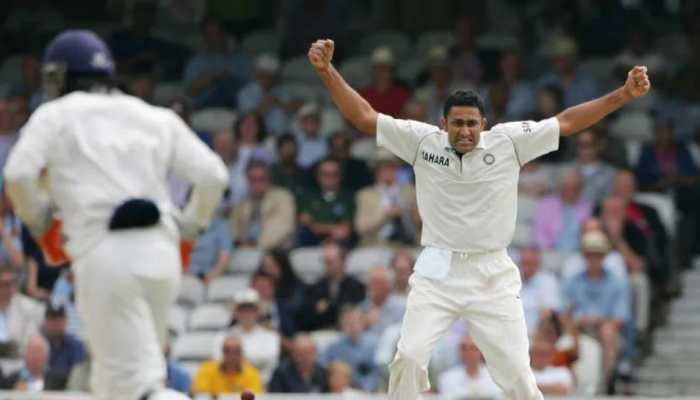Yoga can be practiced at all ages to stay fit, healthy: WHO
The International Day of Yoga, draws a critical link between healthy lifestyles, physical activity and individual and public health.
Trending Photos
)
New Delhi: The World Health Organisation (WHO) has said that yoga, the ancient Indian science of exercise and healing, can be practised by people of all ages to stay fit, healthy and fight lifestyle illnesses.
It said that the only requirement is a commitment to better health and a willingness to gently stretch, exercise and invigorate one’s body and mind.
“It can help kids get the 60 minutes of daily activity needed to set up a lifetime of good health. It can help adults reach the 150 minutes of weekly activity needed to stave off non communicable diseases. For persons aged 65 and above it can help reduce the risk of depression and maintain cognitive functioning,” said Dr Poonam Khetrapal Singh, Regional Director, WHO South-East Asia.
The International Day of Yoga, draws a critical link between healthy lifestyles, physical activity and individual and public health.
Non-communicable diseases cause an estimated 8.5 million deaths in WHO’s Southeast Asia region every year, many are premature; nearly all are lifestyle related. An alarming 70% of boys and 80% of girls in the Region report insufficient physical activity.
Though each of us should develop our own health-positive habits community initiatives that promote physical activity in all forms are key to creating the society-wide change needed, it said.
“Schools, for example, can provide a physical and social environment that promotes physical activity. Physical activity, including yoga, can be built into classroom lessons, while extracurricular pursuits can be encouraged and facilitated,” she said.
Suggesting that physical activity should be part of the programme in workplaces, she said: “Lunchtime sporting competitions or yoga classes can be organised. Government must play a role. Green public spaces such as parks and sports fields can facilitate recreational and organised sport.”
“By encouraging positive health care experiences, and by embracing the principle of preventive health, we can establish the individual and social habits that catalyse real change,” Singh added.
Though finding time for exercise can be challenging, it is fundamental to life-long health and wellbeing.
“The 5000-year-old practice of yoga is considered an effective way to increase strength and flexibility, enhance cardio-fitness, burn calories and relax the mind. It has also been known to help cultivate routine and integrate physical activity into daily life,” Singh said.
Across the South-East Asia Region, WHO is promoting the safe and effective use of traditional medicine by regulating, researching and, where appropriate, integrating it into national health systems.
Stay informed on all the latest news, real-time breaking news updates, and follow all the important headlines in india news and world News on Zee News.
Live Tv







)
)
)
)
)
)
)
)
)
)
